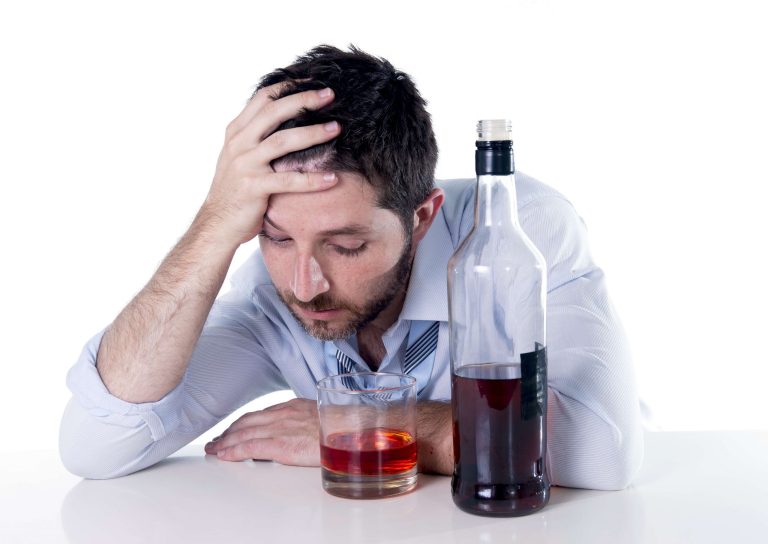When the body is dehydrated, it can impact the proper functioning of the nervous system, leading to tremors and shaky movements. Electrolyte imbalances resulting from dehydration can further exacerbate these symptoms. When it comes to hangover shakes, dehydration plays a significant role in their development. Alcohol consumption can lead to dehydration due to its diuretic effect, which increases urine production and causes excessive fluid loss. This fluid loss results in the body losing essential electrolytes and minerals, contributing to the development of hangover shakes.

Alcohol-related brain damage
They can provide guidance, support, and potentially recommend treatments or interventions to help manage your alcohol consumption. Hangover shakes, also known as alcohol tremors or alcohol shakes, refer to the involuntary trembling or shivering of the body that can occur after excessive alcohol consumption. These shakes typically manifest as shaky hands, quivering limbs, or a general feeling of tremors throughout the body. The severity and duration of hangover shakes can vary from person to person. To manage hangover shakes, it’s important to address the underlying causes.
You’re Trying To Quit Drinking Cold Turkey:
It’s also beneficial to consume electrolyte-rich fluids such as sports drinks or coconut water. Electrolytes help replenish the essential minerals lost due to alcohol’s diuretic effect. By replenishing electrolytes, you can help maintain proper muscle and nerve function, reducing the chances of experiencing severe shakes. Although a hangover may be horrible, the memory of the embarrassment related to the night of excessive drinking can be even worse.

One potential remedy is consuming smoothies, which may help alleviate hangover symptoms by providing hydration and stabilizing blood sugar levels 3. Hangover shakes can https://business.busswe.com/the-personal-narratives-how-sharing-your-story-can/ also result from alcohol withdrawal, which occurs when there is a sudden cessation or significant reduction in alcohol consumption. Alcohol withdrawal tremors can be more severe and persistent than typical hangover shakes.
Path to Healing Benzodiazepine Addiction
As annoying as they are, hangover shakes aren’t immediately a cause for concern, says biomedical expert Dr Naheed Ali. If you or someone you care about is struggling with alcohol dependence, reaching out for help is a crucial step toward recovery. Alcohol affects various organs and systems in the body, which will lead to hangover shakes.
Excessive alcohol consumption can disrupt the balance of electrolytes in the body, leading to an electrolyte imbalance that can contribute to the development of hangover shakes. Hangover shakes, also referred to as tremors, are characterized by involuntary trembling that a person experiences after consuming alcohol, typically during a hangover. These shakes usually improve within a day or two as alcohol leaves the system. They can manifest as mild to moderate trembling or shivering sensations, affecting various parts of the body.
Several Sober living house factors contribute to the recovery process from hangover shakes. By understanding these factors, individuals can take steps to alleviate symptoms and promote a quicker recovery. During alcohol consumption, the receptors for GABA increase, leading to a sedative effect.
- When a person consumes alcohol, it causes temporary changes to neurotransmitter activity, slowing down the brain’s processes and inducing a sense of relaxation or drowsiness.
- However, it is best to contact a healthcare professional for help with severe symptoms or if there is a chance DT can occur.
- Hangover shakes can also result from alcohol withdrawal, which occurs when there is a sudden cessation or significant reduction in alcohol consumption.
- Alcohol is a diuretic, which means it increases urine production and leads to excessive fluid loss.
- Alcohol can have a notable effect on blood sugar levels, particularly for those with diabetes.
Key End of Life Symptoms in the Elderly
Generally, these shakes tend to subside within a day or two as the body how to stop shaking from hangover processes and eliminates alcohol. Remember, seeking medical assistance is crucial for a comprehensive evaluation and tailored treatment plan. Healthcare professionals can provide the necessary support and resources to address alcohol dependency effectively and promote recovery. If you’re regularly dealing with shakes or other severe hangover symptoms, it might be time to take a step back and reevaluate your relationship with alcohol.
Integrating Mental Health Care in Addiction Treatment
- These depressant actions wear off after a person stops drinking alcohol, and the nervous system becomes overexcited.
- Excessive drinking for long periods and stopping can cause severe tremors and cause serious concern.
When you wish to stop shaking after drinking alcohol, it’s important to assess the severity and duration of your symptoms. The severity of shaking can range from mild to intense, depending on factors like the level of alcohol consumed and individual differences in the body’s response to alcohol. Generally, shaking after drinking is a result of changes in the nervous system that may be linked to alcohol withdrawal syndrome. Low blood sugar, also known as hypoglycemia, can also contribute to hangover shakes. When alcohol is consumed, the liver prioritizes processing alcohol over other functions, such as producing glucose. This temporary pause in glucose production can lead to symptoms of low blood sugar, including shaking, sweating, and headaches.
Struggling with addiction or mental health? Request a confidential call today.
Healthcare professionals can provide appropriate interventions, monitor the individual’s condition, and offer support throughout the recovery process. Hangover shakes, also known as tremors, are a common symptom experienced by individuals after consuming alcohol. These shakes can manifest as involuntary trembling or quivering of various body parts, such as the hands, fingers, arms, eyes, head, and voice. The severity and duration of these shakes can vary depending on factors such as the amount of alcohol consumed and individual body composition. To prevent these symptoms from occurring, it’s important to drink alcohol in moderation and stay hydrated by drinking plenty of water before, during, and after drinking.

